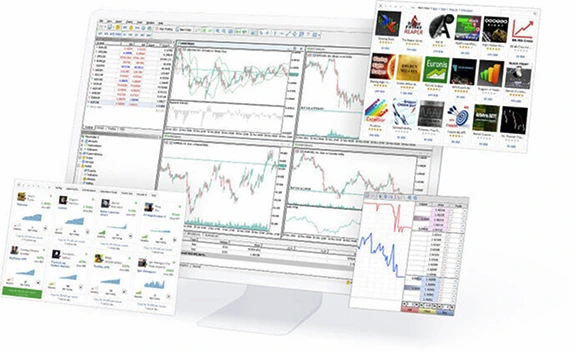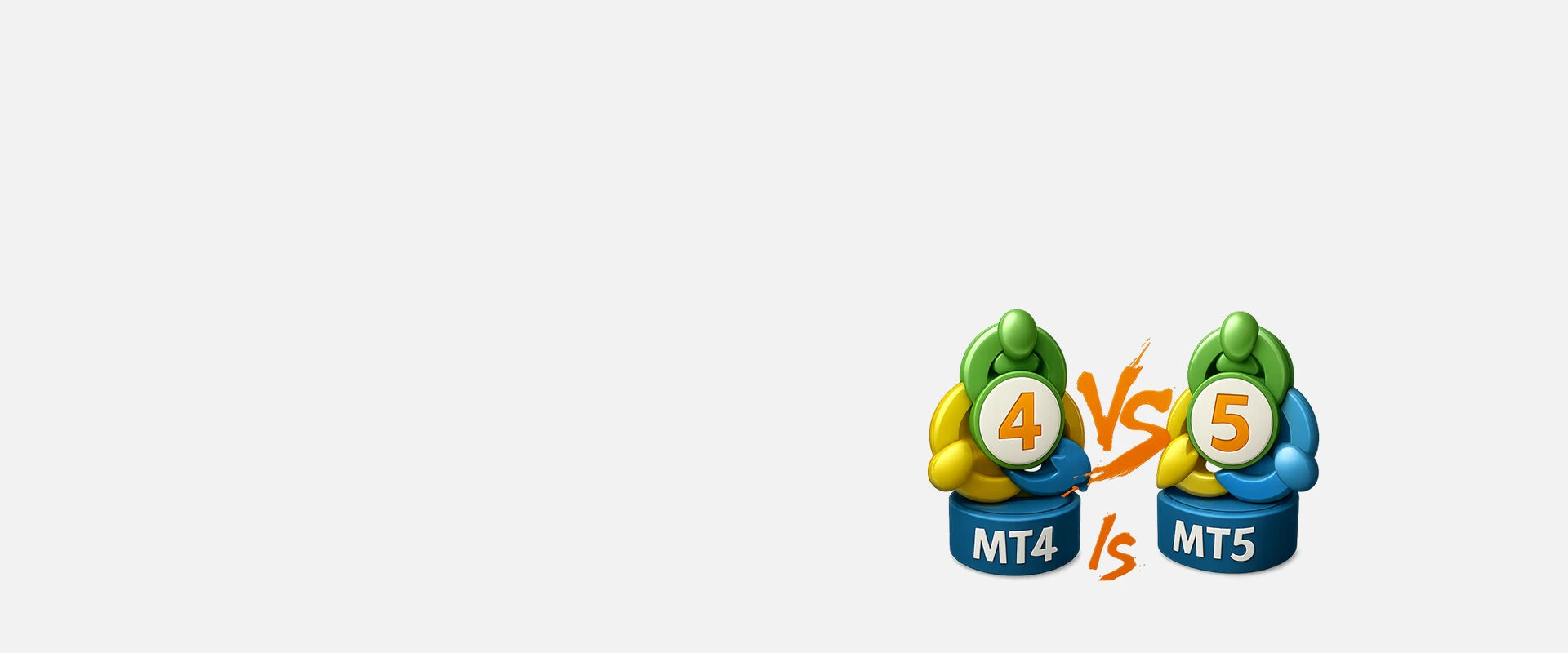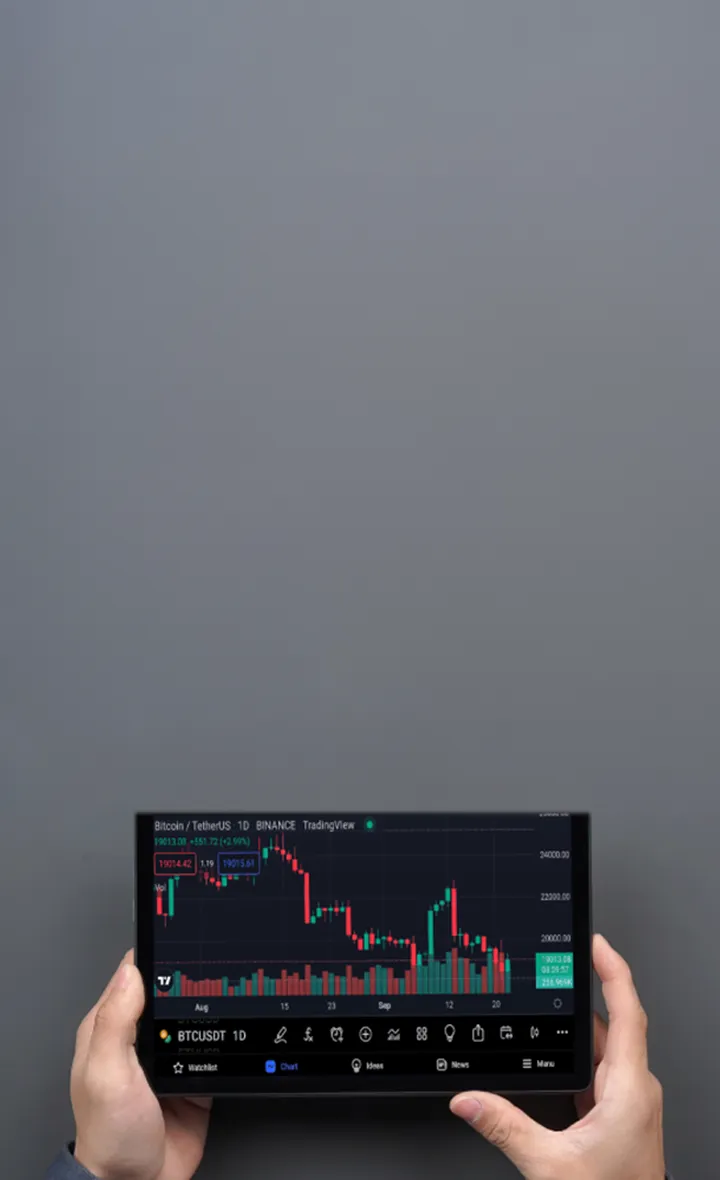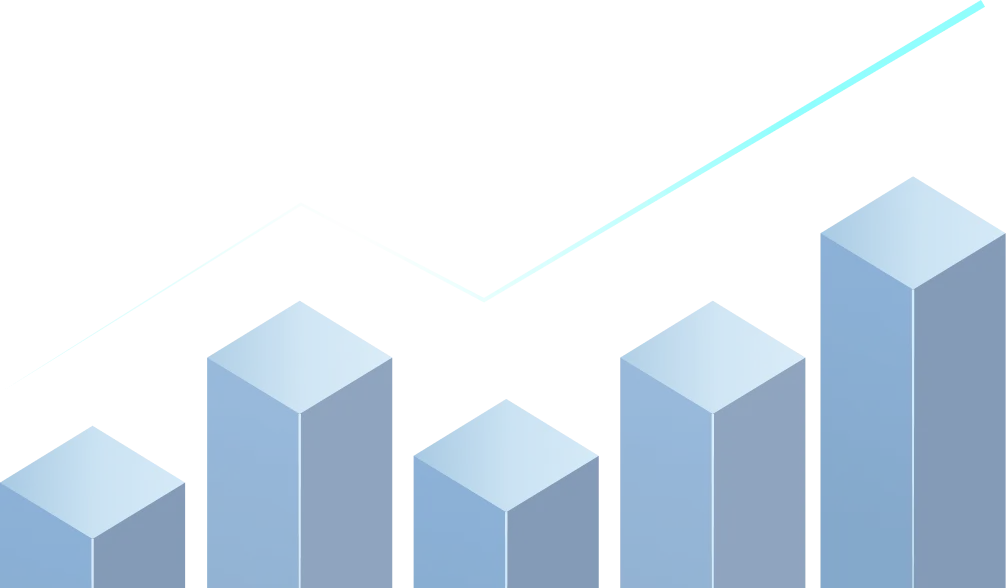MT4与MT5的相似之处
MetaTrader 4 和MetaTrader 5是最常用的 交易平台。不过,在讨论两者的相似点和差异之前,我们需要先介绍各个平台的主要功能。
什么是MT4?
MetaTrader 4 于2005年发布 ,迅速成为外汇交易的基石。它由客户端和服务器两部分组成。服务器部分由像TMGM这样的经纪商运营。这意味着您可以创建TMGM账户,免费使用MT4的客户端部分,从而获得 金融市场的访问权限。
MT4主要为外汇交易者开发,但也允许您通过差价合约(CFD)交易其他金融市场,包括 商品 和 指数。
MetaTrader 4之所以成为最受欢迎的在线交易平台之一,关键在于用户可以编写称为专家顾问(EAs)的脚本和交易机器人。这些工具允许您基于预设规则自动交易。
此功能配备了内置的技术指标、分析工具、图表和自定义选项。需要注意的是,MetaTrader 4没有官方的macOS版本。不过,它支持iOS系统,我们也为macOS用户提供了定制版本的MT4。
什么是MT5?
MetaTrader 5 于2010年发布,基于其前身 MT4的成功而开发。MetaQuotes的开发者以MT4为基础,加入了更多改进和功能,使其更为先进。值得一提的是,MT5官方支持所有操作系统,包括macOS。
此外,MetaTrader 5为高级用户提供了更多工具,包括使用MQL5编程语言创建交易脚本的更多方式。这些高级工具配合更广泛的金融市场访问权限。
MT4主要为外汇交易设计,这依然是其主要焦点。但它也允许您通过差价合约交易指数、股票、 加密货币 和商品。MT5则支持更多可交易资产:外汇、股票、期货、期权、差价合约、债券和商品,包括石油。
MT4与MT5的相似点
根据我们目前的介绍,MT4和MT5平台的相似点如下:
MT4与MT5的主要差异
两款交易平台虽有相似之处,但MT4和MT5的区别是什么?下表简要概述了两者的几个主要差异:
MT4与MT5的争论并非基于单一功能。以下几点值得深入探讨:
市场
选择MetaTrader 4(MT4)还是MetaTrader 5(MT5)时,您关注的金融市场应是关键因素。如前所述,MT4最初为外汇设计,但现已支持商品和指数差价合约。若您希望接触更多市场,MT5可能更合适。
集成工具
MT4集成的工具较少,但对大多数交易者而言已足够。默认提供的技术指标包括移动平均线(MA)、指数移动平均线(EMA)和 移动平均收敛发散指标(MACD)。您还可以在实时行情上叠加线形图、柱状图和蜡烛图,且支持多种时间周期,如1分钟(M1)、5分钟(M5)、1小时(H1)及1天(D1)。
对于经验丰富的交易者,MT5提供了更先进的工具,可进一步提升交易体验。其增强工具包包含更多技术指标和分析对象。市场深度功能让您更深入了解市场趋势,且可编写高级脚本或自动交易机器人,极具实用价值。值得一提的是,MT5支持多策略同时测试和回测,提高效率。

风险管理
在保障交易安全方面,MT4和MT5都表现出色,提供止损和止盈订单以及对冲功能。MT5的优势之一是支持净额结算,这是一种 交易术语 ,指通过另一持仓抵消某一证券/货币的过程。
与对冲不同,净额结算允许您用相同或不同的证券抵消持仓,目的是用一方盈利抵消另一方潜在亏损。MT5在风险管理上的另一优势是内置新闻推送和经济日历,帮助您获取更多市场资讯。
选择MT4还是MT5

那么,MT4和MT5哪个平台更适合您?答案取决于您的需求、偏好和经验。多数交易者认为MetaTrader 4更易上手,因为它功能更简洁,不会让初学者感到负担过重。
而MetaTrader 5凭借其高级图表工具、指标和编程语言,更适合经验丰富的交易者。但这并不意味着新手不能使用。事实上,MT5支持更多交易品种,适合不想仅限于外汇和差价合约的用户,尤其是那些希望尝试多种市场的交易者。
在MT4与MT5的讨论中,还值得关注两者背后的社区。MT4用户更多,社区更大,便于获取信息和支持。这并不妨碍您与MT5用户交流并充分利用该软件,只是MT4因用户基数大,更适合初学者寻求额外帮助。
MT4与MT5:开启您的金融市场之旅
MT4与MT5之间没有绝对的对错。两款交易平台均安全、易用,且功能丰富,助您做出更明智的交易决策。但正如我们所说,选择哪一个应基于您的偏好和需求。无论您倾向于MT4的简洁直观,还是MT5的高级功能和深度工具,两个平台都旨在赋能交易者,助您充分发挥交易潜力。
好消息是,您可以免费下载安装MT4和MT5,选择最适合您的平台。这样,您即可轻松进入金融市场,有机会在包括外汇和差价合约在内的多种品种中实现盈利交易。
释放您的交易潜力, 免费下载MT4、 MT5,甚至同时下载 ,体验TMGM优势。
成为专家交易者!
注册账户,3分钟内即可访问全球市场。
开始交易 或 试用模拟账户









